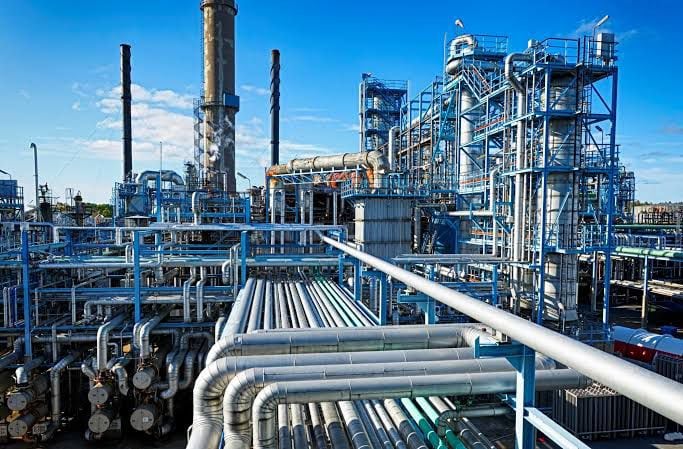In Pakistan, many Independent Power Producer (IPP) sponsors operate with little to no equity invested in their projects. On a majority basis, they have virtually no “skin in the game,” a term often referred to in Punjabi as “free fund.”
The process of setting up an IPP in Pakistan follows a well-known yet questionable playbook:
1. Government Connections: The foundation of any successful IPP venture is built on strong ties within the government and bureaucracy, ensuring approvals and favourable terms.
2. Equity Setup: Sponsors must secure upfront equity of 20% of the total project cost. However, a portion of this (around 10%) is later recovered through an Initial Public Offering (IPO) on the Pakistan Stock Exchange (PSX), leaving sponsors with minimal actual exposure.
3. Contractor Appointments: The next step involves appointing an Engineering, Procurement, and Construction (EPC) contractor and an Operations and maintenance (O&M) contractor. These parties are essential to the project but also serve another purpose.
4. Inflated Project Costs: The sponsors and contractors typically agree on an elevated project cost. This inflated figure covers the actual cost of construction and ensures that the sponsors recover their 10-20% equity stake, effectively nullifying their personal financial investment.
5. Debt Financing: With equity in place, the next move is securing debt through local and international financial institutions to reach financial close. Once the project hits this milestone, the sponsors’ risk is almost entirely shifted to the lenders.
6. Kickbacks and Over-Invoicing: The real reward kicks in upon achieving the Commercial Operation Date (COD). The EPC contractor deposits the over-invoiced portion of the project cost into foreign bank accounts provided by the sponsors—essentially a “kickback” for all parties involved.
The Current Renegotiation Process: A Missed Opportunity?
Rather than launching a formal forensic audit to investigate the shady practices surrounding these IPP deals, the government—whether the current one or any future administration, including a potential PTI government—seems inclined to negotiate informally with IPP owners. This renegotiation process, while beneficial for the sponsors, overlooks deeper issues that should be scrutinized, such as:
1. Equity Contributions: How much equity did the sponsors invest, if any? Were
2. Can these funds be legitimate and traced back to credible sources by Anti-Money Laundering (AML) laws?
2. Source of Funds: Where was the equity portion sourced, and did it comply with all necessary financial regulations?
3. Over-Invoicing and Kickbacks: What was the magnitude of the over-invoicing agreed upon with the EPC contractor, and how much of the “kickback” was deposited into the sponsors’ foreign bank accounts?
4. EPC Contractor Accountability: Why not include EPC contractors in any such investigations, considering they play a key role in inflating project costs and facilitating kickbacks?
5. Involvement of International Financial Institutions (IFIs): Shouldn’t organizations like the World Bank, which have historically funded these projects, be drawn into an inquiry? A precedent already exists, as evidenced by the notorious HUBCO deal, which involved shady commissions and arrangements, with even World Bank officials allegedly complicit in the corruption.
A Call for Forensic Accountability
The government must investigate these deals thoroughly rather than continuing with a soft renegotiation process. Questions must be asked about the legitimacy of the sponsors’ equity, the role of international lenders, and the systemic over-invoicing practices that have burdened the country with costly, opaque deals. By bringing transparency and accountability into the IPP sector, Pakistan could finally break free from the cycle of corruption that has long plagued its energy sector.
The author is currently employed as an Assistant Research Associate at Islamabad Policy Research Institute (IPRI).








